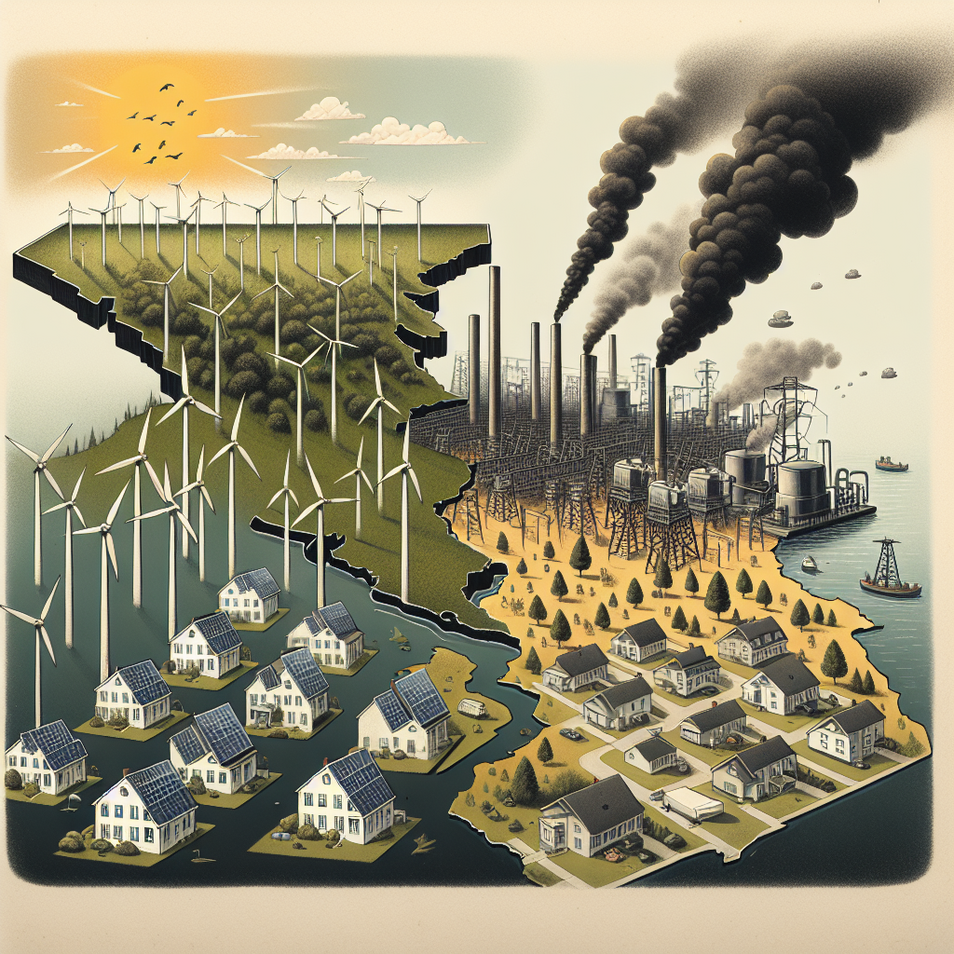Maryland’s Power Crisis: When Green Dreams Collide with Energy Reality

Maryland is finding itself at a turning point where lofty environmental ideals are clashing with on-the-ground realities. As state officials push an aggressive transition to renewable energy, residents are feeling the heat—not from climate change, but from skyrocketing electricity bills. Month after month, homeowners are being hit with unprecedented costs, forcing many to question whether the green vision is being rolled out at a pace the infrastructure simply can’t support.
Leading the charge is Governor Wes Moore, whose climate-forward agenda includes phasing out fossil fuel plants while fast-tracking offshore wind and solar projects. Yet critics argue that Maryland’s power grid isn’t ready to shoulder the burden of additional electrification demands from electric vehicles, AI data centers, and more. The result? A strained power system, frequent warnings of rolling blackouts, and a population caught in the middle of a policy experiment with real-world consequences.
Deflecting blame has become the tactic de jour. Governor Moore recently targeted PJM, the regional grid operator, accusing them of stonewalling the development of new power generation. But experts and legislators from both sides of the aisle suggest otherwise, noting that it’s actually state-level policies—shutting down reliable power plants without replacements—that have throttled supply and caused this affordability crisis. PJM, they argue, is merely reacting to legislative decisions, not dictating them.
Meanwhile, neighboring Pennsylvania is taking a victory lap, claiming credit for preventing Maryland’s power grid from caving in under peak demand. This public admission illustrates not only Maryland’s growing dependence on external power but also exposes the fragility of its current energy framework. It’s a cautionary tale about what happens when ambition outweighs strategy and political optics override technical feasibility.
At its heart, this unfolding story is less about ideology and more about leadership. Marylanders don’t oppose sustainability—they oppose being saddled with unsustainable costs in the name of progress. As constituents demand answers and accountability, this debacle serves as a stark reminder: sound energy policy isn’t about choosing sides; it’s about building a system that works for everyone, today and tomorrow.

